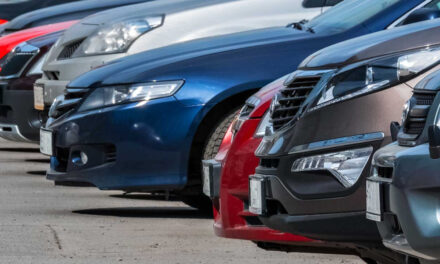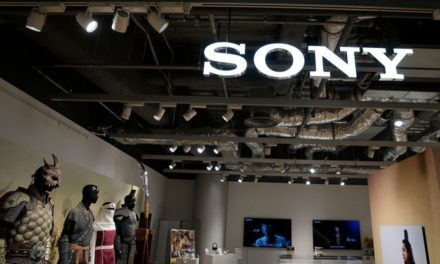California state regulators made a statement on Friday that it allows Zoox Inc., a self-driving startup company, to operate an autonomous ride service for public passengers.
According to the California Public Utilities Commission, the Silicon-Valley based company Zoox is the first to join a state pilot program wherein self-driving cars shall transport public passengers, marking a move towards the development of fully autonomous urban transportation options.
Allowing self-driving companies to test car rides with members of the public gives them the opportunity to improve their technology and start smoothing out trips, so they become more enjoyable for the riders. Since most of the autonomous cars drive very slowly, it makes jerking movements and hesitates.
A lot of companies, including Zoox, already started testing self-driving cars with their family members and employees.
Bert Kaufman, Zoox’s head of corporate and regulatory affairs, articulated that it is indeed a significant milestone as the company head towards commercial launch, which they are targeting to happen by the end of 2020.
However, robot cars are not allowed to operate without any human oversight. A backup test driver will remain in the driver’s seat to take over whenever necessary, as required by the regulators. Zoox also cannot charge passengers, which keeps the idea of a profitable business model somewhat elusive.
According to the State Department of Motor Vehicles, Zoox is part of the 62 companies permitted to test self-driving cars in California, although there are those that operate in the shadow of Waymo, Alphabet Inc.’s business unit, which began working on the technology about a decade ago.
In Arizona, Waymo launched this month an autonomous ride-hailing service. In the area, regulations are laxer. While the service gets to charge customers there, a backup driver remains in the front seat.
A spokesperson for the regulator stated that in October, Waymo was the first company to get a permit in California to test self-driving vehicles without a backup driver, and it also submitted an application to CPUC so it can transport passengers, similar to Zoox.
Meanwhile, Zoox remained secretive on its progress until it recently released its first safety assessment. The company provided details regarding its hardware, sensors, and testing.
For a time, Zoox was thrown into turmoil when Tim Kentley-Klay, its co-founder and CEO, got fired by the company’s board of directors in August. While they search for a new CEO, Carl Bass, who stepped in as Zoox’s interim director last year, filled the role on a temporary basis.















